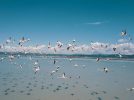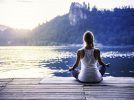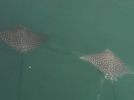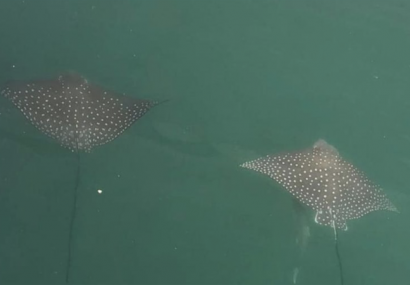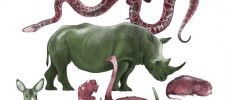
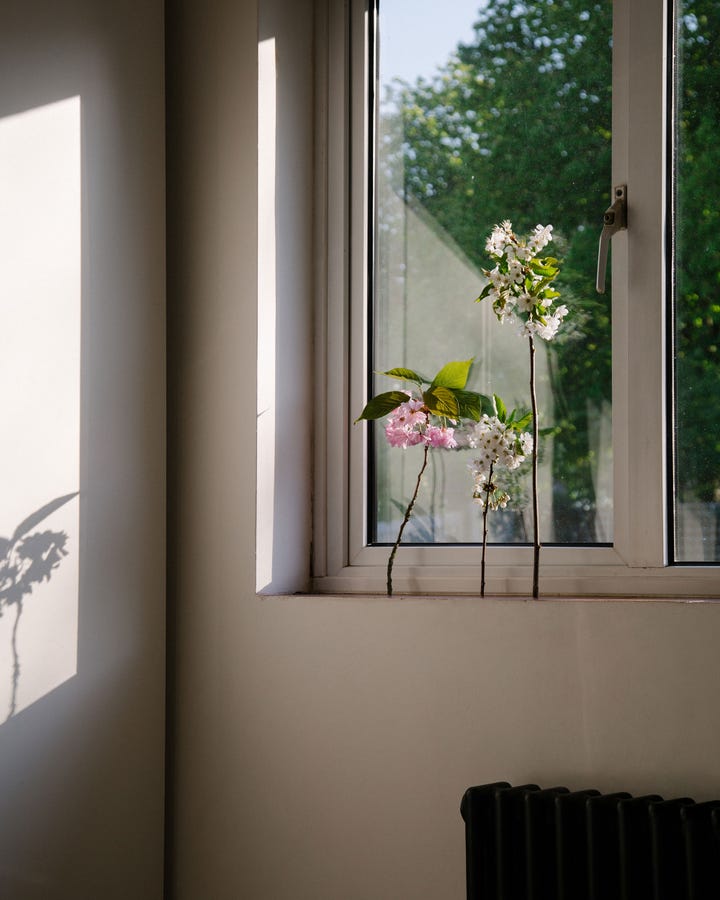
The sky gets bigger as I walk to the end of my road in northeast London. Two, three-storey homes and blocks of flats give way to the horizon after I cross a green metal bridge which takes me over the canal and out onto Hackney Marshes and the Lee Valley. From there I can leave the city and walk out to Essex, traversing miles surrounded by nature – through woodlands, listening to birdsong, Instagramming videos of cows like I’m the first person ever to encounter one and smirking at the revellers who have just discovered a not-so-secret river swimming spot known colloquially as Hackney Beach, where you’ll probably catch Legionnaires’ disease.
For the last five years, I have lived deliberately near this open space, walking for as long as I can at least three times a week in all seasons. It’s one of the few in London which is genuinely wild and expansive, not manicured or controlled. I’m not the only millennial who finds themselves craving nature; even before a viral pandemic turned our lives inside out, we distracted ourselves from the spin cycle of anxieties about climate change and late capitalism by nurturing house plants, reading books about wild swimming and taking pictures of the sky. Whenever I walk, I knowingly catch the eye of other people – usually women – who are on their own, doing exactly what I’m doing.
Whether you post about it or not is of course a personal preference. But you don’t have to look far online to see that nature is a digital currency for driving engagement. Instagram is an ecosystem where you’ll find 10.2 million posts tagged ‘blossom’ and 504 million tagged, simply, ‘nature’.
We millennials like to think we’re reinventing the wheel but ever since the West industrialised, people have looked out at the world we inhabit and tried to capture it. John Ruskin was obsessed with architecture being “a model of environmental integrity”. Later, Frank Lloyd Wright tried to design buildings that brought the outdoors inside. Today, do an Instagram story and remark with what often seems like genuine wonder that “no filter is needed” while apologising for being “basic”.
When the world around us is changing, when we feel anxious, when things are uncertain, we feel a primal human impulse to look to the natural as opposed to the man-made world for answers. We yearn (for reasons we aren’t always conscious of) to own a piece of it, to carry it with us. The poet Emily Dickinson, who retreated from love and life in her father’s house during a period of great industrialisation and conflict in America, would look out and write “bring me the sunset in a cup” – she wanted to control all that was uncontrollable, to own a stake in the world. Like her, we read articles about the climate crisis before tending to our shop-bought peperomias so we can update our followers on their progress.
We laugh at ourselves for being cliched but all cliches exist for a reason. Before COVID-19 spread across Britain, a little-noticed study was published by the National Trust and the University of Derby. They found that being connected with nature – noticing natural phenomena every day – is actually linked to higher wellbeing.
In the report, Professor Miles Richardson remarked that “the kind of connection that makes the difference involves more than simply spending time outdoors – instead it’s about actively tuning in to nature, regularly spending simple, bite-size moments relating to nature around you.”
Just a few weeks later, everything changed. Like so many people, I began feeling unwell. I was out of breath in a gym class. My entire body ached. I couldn’t think. I began to cough. I brushed it off, my period was due.
Read more on Refinery29
 Previous Article
Previous Article Next Article
Next Article